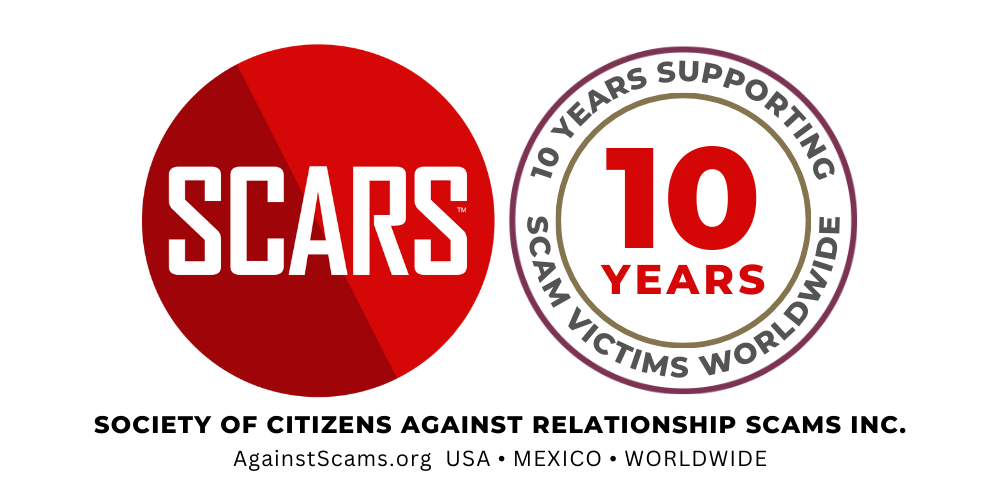
Importance of Scam Victims Avoiding the Vigilante Trap
Staying Focused on Recovery is Essential for New Scam Victims
Avoid Becoming Involved in Scam Baiting & Endless Fake Profile Exposing
Key Topics:
-
Emotional Toll of Scams
-
The Dangers of Vigilantism
-
Focusing on Recovery
-
Community Support and Awareness
The Pitfalls of Becoming a Vigilante for New Scam Victims – including Scam Baiting & Endless Exposing of Scammers or Fake Profiles
Introduction
Discovering that you’ve fallen victim to a scam can be an emotionally devastating experience. The aftermath can leave victims grappling with a range of emotions, from anger to shame. While it’s natural to want justice, engaging in any of the various forms of vigilantism, including scam baiting and other activities that fixate on the perpetrators, is not be the most constructive path to healing. In fact, it can stop your recovery in it tracks!
Emotional Toll of Scams
Scams often involve manipulation and deceit, leaving victims feeling violated and vulnerable – it is natural to feel this way, these feelings are valid. The emotional toll can be immense, leading individuals to seek ways to regain control and seek justice. However, focusing on the criminals hinders the crucial emotional and psychological recovery process.
The Temptation of Vigilantism
Upon discovering they’ve been scammed, some individuals are drawn to the idea of turning the tables on the criminals. Vigilante actions, such as scam baiting (intentionally engaging scammers to waste their time), may offer a fleeting sense of revenge but can prolong the victim’s exposure to the traumatic incident.
The Dangers of Vigilantism
Engaging in vigilantism can have significant consequences. Scammers are often part of sophisticated networks that include other forms of cybercriminals and identity thieves, and attempts at retaliation can expose victims to further risks, including identity theft, other cybercrime, or more elaborate scams. Additionally, engaging with scammers perpetuates a cycle of negative emotions, hindering the recovery process.
Focusing on Recovery
Recovery from a scam involves more than just financial restitution. Victims need to prioritize their emotional well-being, seeking support from friends, family, or mental health professionals. Dwelling on the perpetrators may divert attention from crucial aspects of recovery, such as rebuilding trust and self-esteem.
Legal Channels and Reporting
Rather than resorting to vigilantism, victims should focus on legal avenues for justice. Reporting the incident to law enforcement agencies, consumer protection bodies, or anti-fraud organizations can contribute to efforts to bring scammers to justice while allowing victims to maintain a healthy emotional distance.
Community Support and Awareness
New scam victims can find solace and support in community support groups, where they can share experiences and coping strategies. Raising awareness about scams and supporting others going through similar ordeals can be empowering and contribute to preventing future scams.
Remember
While the desire for justice is understandable, new scam victims must exercise caution to avoid the pitfalls of vigilantism. Prioritizing emotional and psychological recovery, engaging with support networks, and reporting scams through legal channels are vital steps toward healing and preventing further victimization.
By shifting the focus from the criminals to personal well-being and community support, victims can navigate the aftermath of scams with resilience and strength.
SCARS Support & Recovery
- If you are a victim of scams, go to www.ScamVictimsSupport.org for real knowledge and help
- Enroll in SCARS Scam Survivor’s School now at www.SCARSeducation.org
- To report criminals, visit https://reporting.AgainstScams.org – we will NEVER give your data to money recovery companies like some do!
- Follow us and find our podcasts, webinars, and helpful videos on YouTube: https://www.youtube.com/@RomancescamsNowcom
- Learn about the Psychology of Scams at www.ScamPsychology.org
- Dig deeper into the reality of scams, fraud, and cybercrime at www.ScamsNOW.com and www.RomanceScamsNOW.com
- Scam Survivor’s Stories: www.ScamSurvivorStories.org
- For Scam Victim Advocates visit www.ScamVictimsAdvocates.org
- See more scammer photos on www.ScammerPhotos.com
Important Things For Scam Victims To Know
- Importance Of Starting Off Right For New Scam Victims
- Importance Of Journaling For New Scam Victims
- Importance For Scam Victims Of Support & Recovery Group
- Importance Of Learning For Scam Victims Recovering
- Importance Of Trauma Therapy For Scam Victims
- Importance Of Scam Victims Avoiding The Vigilante Trap
- SCARS 3 Steps For New Scam Victims
- Every New Scam Victim Needs To Understand What To Do Next!
- Scam Victims Reporting Scams And Interacting With The Police
- Essential Information for New Scam Victims on SCARS RomanceScamsNOW.com
- Learn More on SCARS ScamsNOW.com




















![niprc[1]](https://scamvictimssupport.org/wp-content/uploads/2024/01/niprc1.png)
Once I accepted that only law enforcement agencies are capable of bringing any justice to my scammers it has been easier to move on to focusing on my recovery. After documenting my experience and reporting the crime to my local police, IC3, FTC and the Secret Service I feel like content that I have done all I can do to bring my scammers to justice. All other avenues I have tried aka recovery experts have just exposed me to additional scammers.